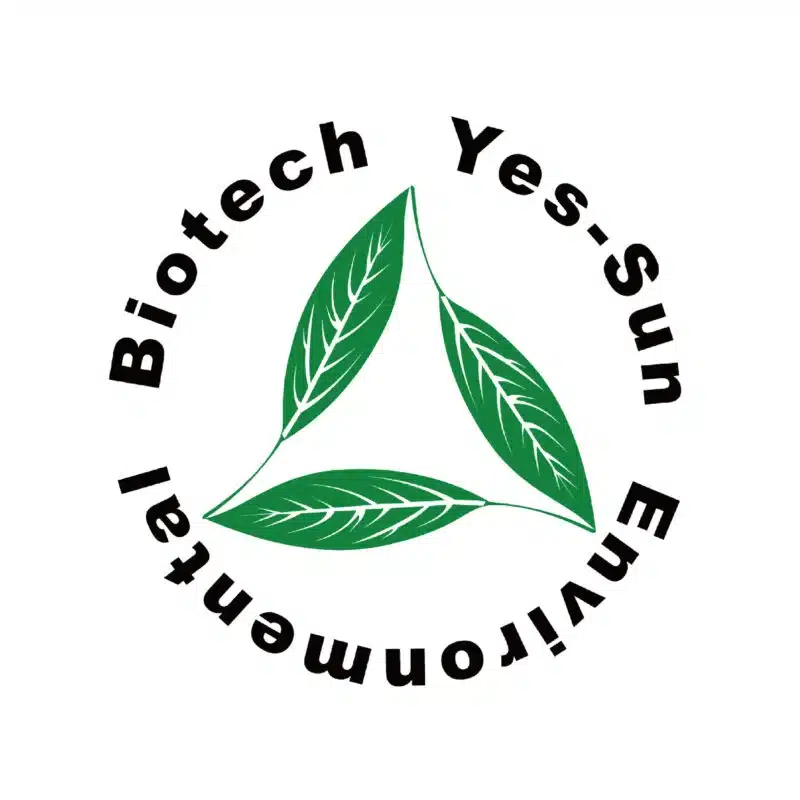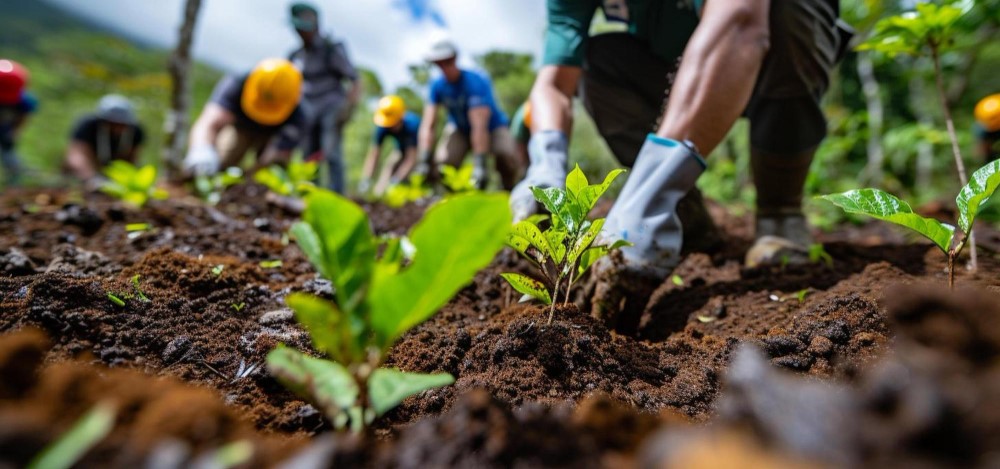POSTED BY: KEN MCENTEE JANUARY 15, 2022
Compost is a major source of pathogenic aspergillus spores, study says
A study published in the *Applied and Environmental Microbiology* journal highlights a significant public health concern associated with compost and compost-enriched soils. Led by Jennifer Shelton for her Ph.D. thesis, the research uncovered that 14% of *Aspergillus fumigatus* isolates from garden soils showed resistance to tebuconazole, an agricultural antifungal drug. This resistance also extends to medical triazoles used to treat aspergillosis, a potentially serious lung infection caused by inhaling A. fumigatus spores.
The study’s findings raise alarming questions about the safety of handling compost, suggesting the need for additional health warnings on compost bags, considerations for sterilizing compost before its distribution, and recommendations for individuals to wear face masks during compost handling. The research involved 249 citizen scientists who collected 509 soil samples from their gardens on June 21, 2019, leading to the cultivation of 5,174 *A. fumigatus* isolates. A significant correlation was found between compost use and the growth of tebuconazole-resistant *A. fumigatus* strains, as well as a higher concentration of *A. fumigatus* spores in compost samples compared to other soils.
This investigation, conducted at Imperial College London and the U.K. Centre for Ecology and Hydrology, was driven by the rising cases of triazole-resistant *A. fumigatus* spores in the U.K. With over 185,000 individuals living with aspergillosis in the U.K., the diseases range from severe hypersensitization and fungal asthma to chronic and invasive infections with mortality rates between 40 and 70 percent—higher when caused by triazole-resistant strains.
The study emphasizes that while normally people inhale *A. fumigatus* spores from various environmental sources, those with compromised immune systems or lung damage are at a heightened risk. However, exposure to large numbers of spores from compost can pose a risk even to those without predisposing conditions. Shelton advocates for behavioral changes among individuals and action within the composting industry to mitigate these health risks.
Discover the future of waste management with composting free technology
Handling organic waste properly can be challenging due to the unpleasant smell and dirty water produced during the composting process. Despite the availability of various composting technologies and equipment in the market, time and pollution remain significant concerns. However, a novel technology that combines patented equipment and enzymes offers a potential solution. This innovative approach can convert organic waste into fertilizer in just a few hours, and most importantly, without causing pollution.
Learn more


 中文 (台灣)
中文 (台灣) Bahasa Indonesia
Bahasa Indonesia Tiếng Việt
Tiếng Việt Bahasa Melayu
Bahasa Melayu Français
Français Español
Español Português
Português